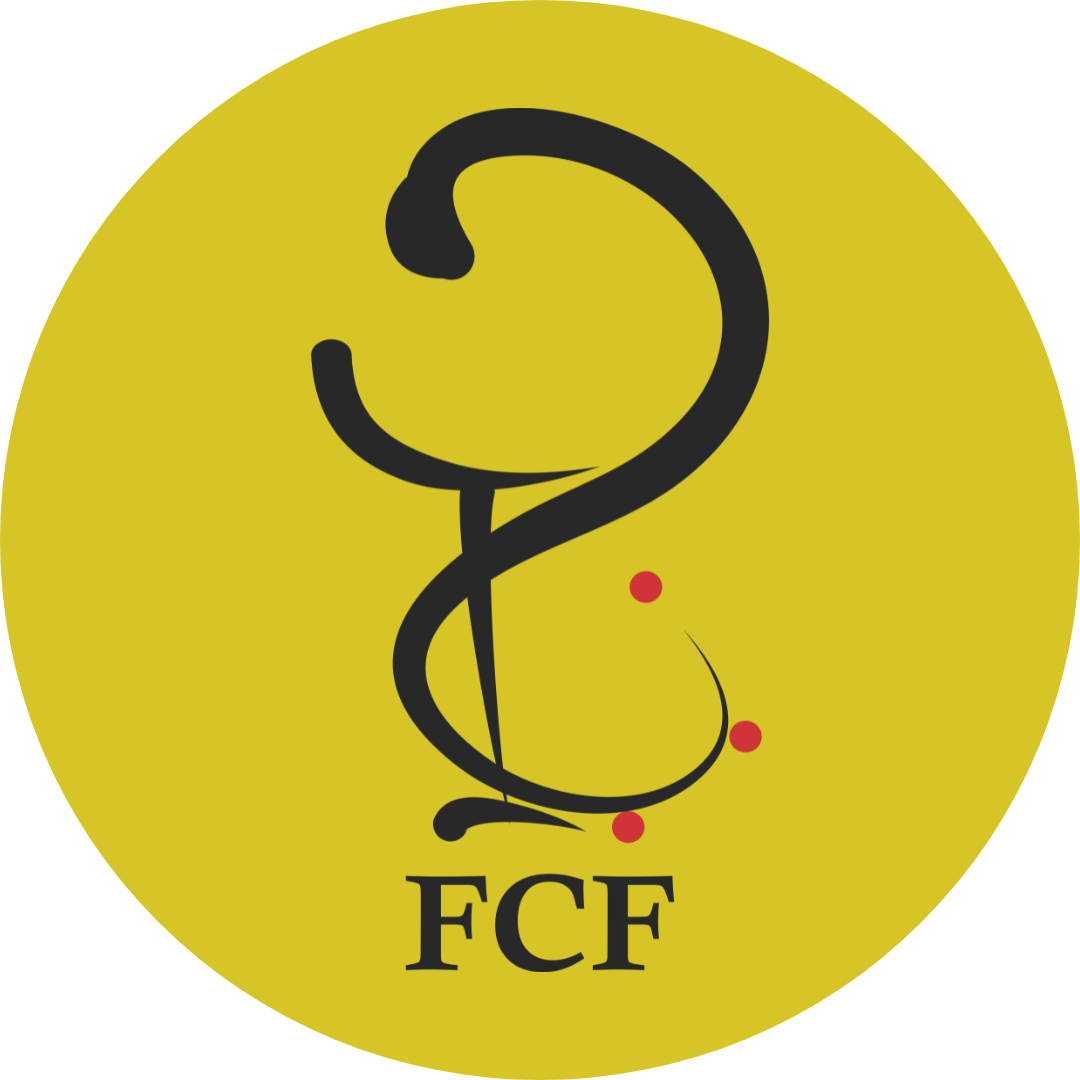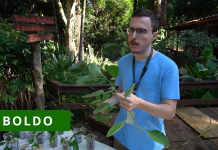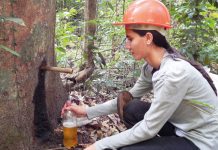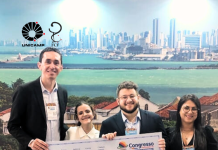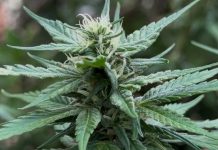
- Este evento já passou.
Palestra “Cannabidiol loaded extracellular vesicles sensitize triple-negative breast cancer to doxorubicin in vivo”
11 11America/Sao_Paulo julho 11America/Sao_Paulo 2022 @ 14:00 - 17:00
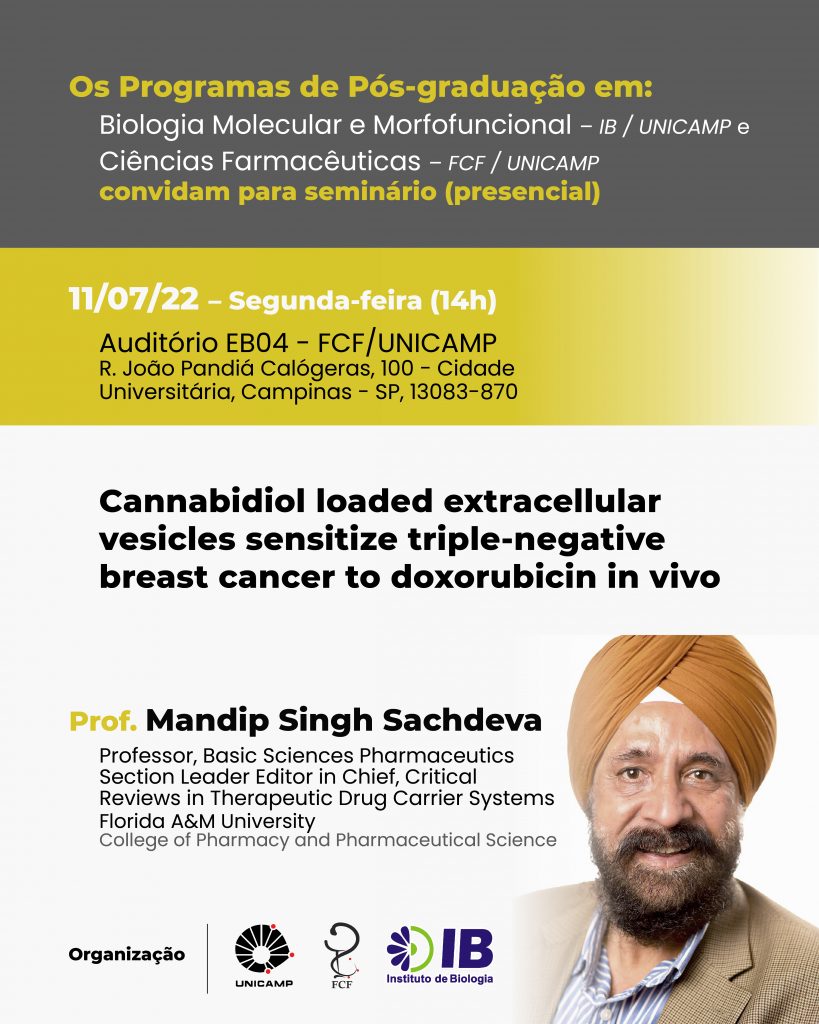
Os Programas de Pós-Graduação em Biologia Molecular e Morfofuncional e em Ciências Farmacêuticas da Unicamp convidam para a palestra Cannabidiol loaded extracellular vesicles sensitize triple-negative breast cancer to doxorubicin in vivo.
Local: sala EB04 (Engenharia Básica)
Data e horário: 11 de julho de 2022 (segunda-feira), às 14h
Palestrante: Mandip Singh Sachdeva, PhD, Florida A&M University College of Pharmacy and Pharmaceutical Science
Breast cancer (BC) is the second underlying cause of cancer-associated mortality among women and effective therapeutic management of triple negative breast cancer (TNBC; a subtype of basal-like BC) remains as a major clinical challenge due to recurrence and resistance. Doxorubicin (DOX) is clinically used for the effective management of TNBC, but resistance remains as a concern due to autophagy, increased levels of ATP-binding cassette transporters and glutathione S-transferase and EMT. Recently, cannabinoids (Δ9-THC and CBD) are gaining enormous interest in cancer due to their potential effects on regulating cancer cell proliferation, metastasis, angiogenesis, and differentiation. Accumulating evidence demonstrates the therapeutic efficacy of CBD in preclinical and clinical models of breast cancer. Exosomes or small EVs (vesicles of 30–150 nm) are produced by the invagination of endosomal membranes (i.e., multivesicular bodies) and their subsequent fusion with plasma membrane. Larger EVs are shed from the cell surface and called microvesicles. Recently, EVs have gained much attention for their potential use as drug delivery system (DDS) in various diseases. Apart from their extraordinary roles in mediating cell–cell communication, EVs (endogenous nanovesicles) are promising drug carriers for both hydrophilic (such as siRNAs and miRNAs) and hydrophobic drugs in cancer because of their high stability and biocompatibility. EVs derived from hUCMSCs (hUCMSCs-EVs) are gaining tremendous attention due to their potential clinical applications in various conditions such as cancer, bronchopulmonary dysplasia, pulmonary hypertension, organ/tissue injury, stroke, liver fibrosis, wound healing, Alzheimer’s disease, chronic kidney repair, liver fibrosis, acute inflammation and blood glucose level regulation by shuttling various bioactive components (proteins, lipids, mRNA, miRNA, and DNA) during mediation of cell–cell communication. However, EVs production through bioreactors with hUCMSC culture has not been widely reported as a potential feasible strategy.
As both CBD and hUCMSCs-EVs are well demonstrated in amelioration of cancer, in this presentation will demonstrate the role of therapeutic usage of hUCMSCs-EVs generated from PBS-VW bioreactors as an ideal delivery platform not only for improving the absorption and bioavailability for CBD but also for the reduction of CBD dosage required to achieve tumor regression. Further the role of CBD in overcoming doxorubicin resistance would also be presented in doxorubicin resistant TNBC.

